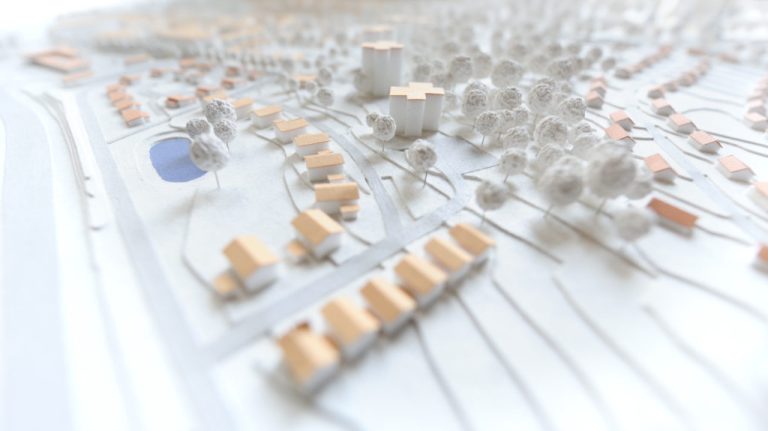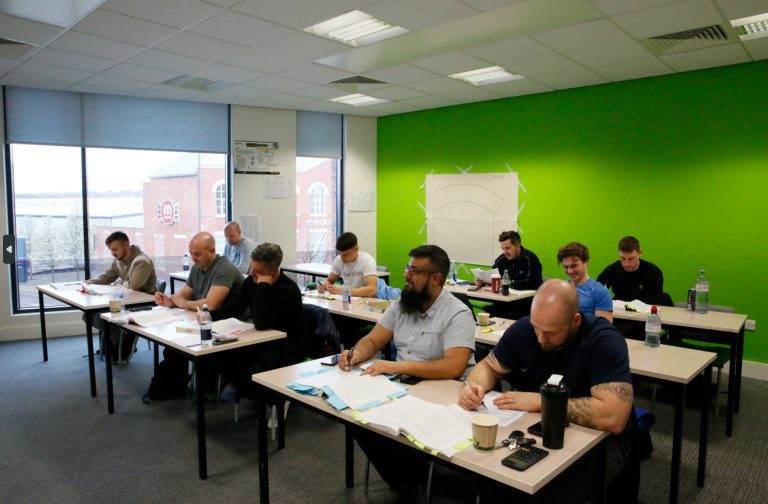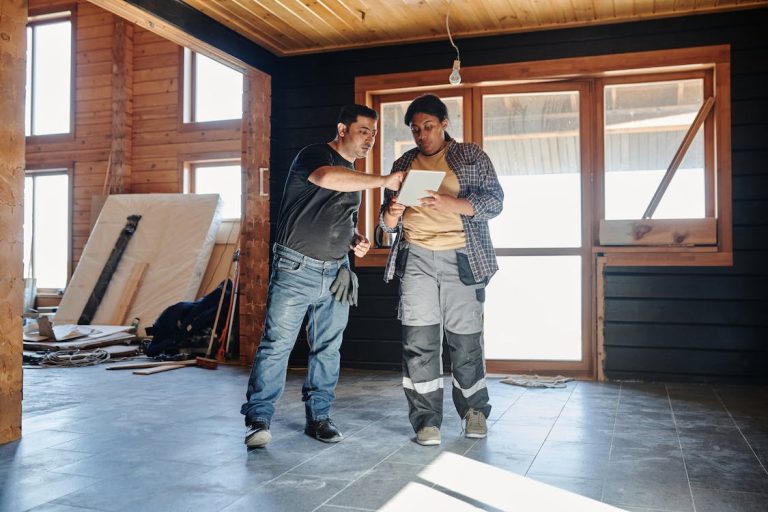The gas and oil industry is known for being one of the most dangerous industries in the world. Workers are exposed to hazardous materials, high temperatures, and high-pressure equipment, leading to severe mishaps and injuries. Suppose you are affected in a gas or oil accident. In that case, it is important to understand the types of accidents that can occur and your legal options for seeking compensation by consulting an oilfield accident law firm. Types of Gas and Oil Industry Accidents Explosions An explosion is one of the most devastating types of gas and oil industry mishaps. Flare-ups can occur when flammable gases or liquids come into contact with a spark or heat source, causing a rapid and violent release of energy. Explosions can lead to catastrophic injuries, including burns, broken bones, head injuries, and even death. Explosions can occur in various gas and oil industry settings, including drilling sites, refineries, and pipelines. Causes of explosions can include equipment failure, improper maintenance, and human error. Fires Fires are another common type of accident. Like explosions, fires can be caused by flammable gases or liquids coming into contact with a spark or heat source. Fires can spread quickly and can cause severe injuries and property damage. They can occur in drilling sites, refineries, and pipelines. Causes of fires can include equipment failure, improper maintenance, and human error. Chemical Exposure Gas and oil industry workers are often exposed to hazardous chemicals, which can lead to serious health problems. Chemical exposure can occur through inhalation, skin contact, or ingestion. Chemical exposure can occur in various gas and oil industry settings, including drilling sites, refineries, and pipelines. Workers may be exposed to common chemicals such as benzene, hydrogen sulfide, and lead. Equipment Accidents Gas and oil enterprise workers often work with heavy machinery and equipment, which can lead to severe accidents and injuries. Equipment accidents can occur when equipment is not properly maintained, workers must be adequately trained to use the equipment, or when employees are tired or distracted. Common types of such accidents in the gas and oil industry include falls from heights, being struck by falling objects, and getting caught in machinery. Legal Options for Victims You may be compensated if injured in a gas or oil industry accident. The following are some of the legal options available to gas and oil industry accident victims. Workers’ Compensation It is a type of insurance that benefits workers injured on the job. In many cases, workers’ compensation insurance covers gas and oil industry workers, which can provide medical expenses, lost wages, and disability benefits. Personal Injury Lawsuits If your damage was caused by the negligence of a third party, such as a manufacturer of defective equipment, you could file a personal injury lawsuit. Personal injury lawsuits can compensate for medical expenses, lost wages, pain, and other damages. Wrongful Death Lawsuits If you have lost someone in a gas or oil industry accident, you may be able to file a wrongful death lawsuit. Wrongful death lawsuits can compensate for funeral expenses, lost income, and other damages. Product Liability Lawsuits You could file a product liability lawsuit if a defective product, such as a faulty valve or tool, caused your injury. Product liability lawsuits can provide compensation for medical expenses, lost wages, and other damages. Conclusion Suppose you or a loved one has been injured in a gas or oil industry accident. In that case, pursuing legal representation from an oilfield accident law firm that can help you understand your legal options and seek the compensation you deserve is important. The gas and oil sector pose significant risks to employees due to the nature of the work and the dangerous materials involved. Mishaps can lead to serious injuries, and victims may be entitled to compensation through workers’ compensation, personal injury lawsuits, wrongful death lawsuits, or product liability lawsuits.









